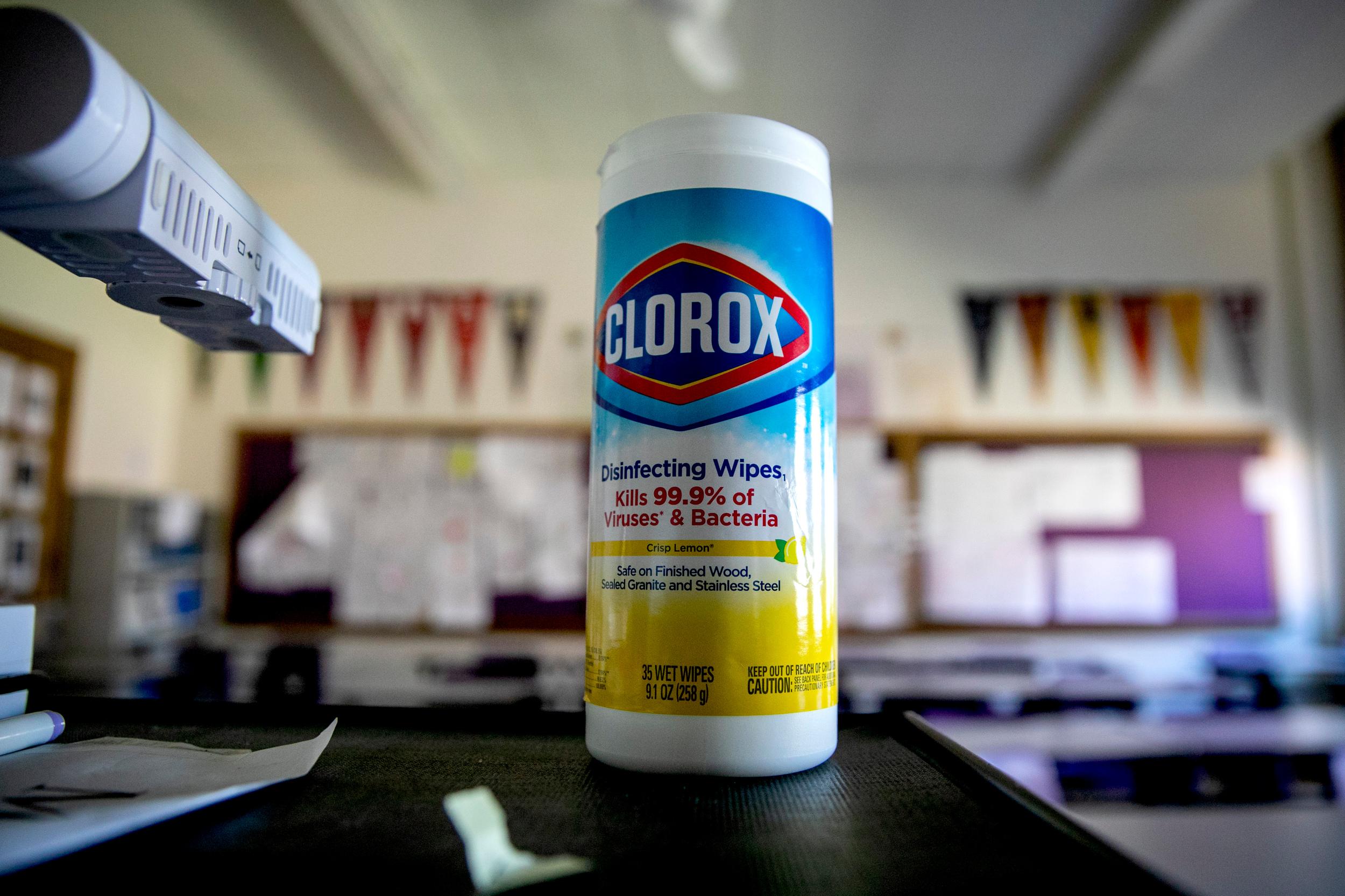
School districts, parents and teachers are scrambling to figure out how to educate kids in the age of coronavirus as fall quickly approaches. Districts around Colorado have released various plans — some have turned to remote learning, others will have in-person classes while a few will have a mix.
One safeguard that’s been floated are cohorts or keeping a group of students and staff together throughout the school year. A certain amount of students specified by each district would stay together throughout the school day as they move through their lessons to limit exposure to other students and staff.
District officials say this will help them track any potential spread of the virus and if there is an outbreak, mitigate the spread to other students by isolating that specific bunch of students.
CPR News asked parents, teachers and staff how they felt about schools reopening and received comments and questions about how classrooms would work for students and how cohorts aren’t practical.
“To keep small groups of kids together throughout the day, if we're looking at only within a school building then that seems to work,” said Hayley Breden, who teaches social studies at South High School in Denver. “But what people need to realize is that schools don't exist in a vacuum. Schools are just one part of a larger society.”
She pointed out that many of her students work at cleaning facilities, nursing homes, grocery stores, take care of their siblings and rely on public transportation to get around.
“Since students are humans and have lives outside of school, how are their outside-of-school lives going to affect the safety of themselves, their classmates?”
Breden said Denver Public Schools has done a lot of planning at the high school level for core subjects like math, English and science but she hasn’t seen as much coordination around art and music, which typically involves the sharing of supplies or instruments.
The state has advised cohorts as just one precautionary step districts should take for students to return to school during the COVID-19 pandemic, said Dr. Alexis Burakoff, a medical epidemiologist with the Colorado Department of Public Health and Environment.
“What we're hoping is that schools can limit the number of people that each student and staff member interacts with ideally to kind of one closed group so that if there is an illness among a member of that group, it's very clear who has been exposed,” she said.
Summer child care is an example Burakoff used to compare the potential spread of COVID-19. If a positive case was found in places where staff and children mixed freely throughout a daycare, the entire location had to stop operations and every individual had to quarantine. In cases where children and staff were around the same 10 people in a single classroom, then only those 10 people had to quarantine for 14 days and the rest of the daycare could run as normal.
“Our hope is that by using this strategy, we are both minimizing the spread of disease because we're limiting the number of contacts that each person has, but also really minimizing disruptions to schools,” Burakoff said.
As an added layer of defense, the state also asks districts to have people wear face masks and practice social distancing, too.
Burakoff gets how cohorts are a challenge logistically, especially for older students, but she said it’s important for schools to be creative in how they strategize with things like block schedules.
“We understand that this cohorting does not extend to what people do at home and on the weekends, et cetera, and so the best thing we can do is just continue to educate our communities about being safe outside of school hours,” she said. “What it can really do is help the response in the event that there are illnesses in school, which we know that there will be.”
Sarah Christensen Fu of Centennial, a parent of three kids who attend STEM School Highlands Ranch, is fortunate to work from home and have the flexibility to choose how her kids get their education this year. Although the school has an option to do in-person learning or a hybrid of virtual and in-person, Christensen Fu said her kids would be doing online only.
“With this pandemic spiking, schools being reopened just seems really rushed,” she said. “I do feel like most of the people I know are really excited to get their kids back to routine and so I feel like a little stodgier, like a nervous Nellie… Going all into a big building seems like a bad choice.”
Her 11-year-old son isn’t happy about the decision. Christensen Fu said it feels like a choice between her kids seeing their friends or their grandparents.
Nicole Gates, the mother of two boys in Littleton Public Schools, also works from home and wants to get back to the normal routine. She realizes, however, that may not be an option this year.
“There's part of me that thinks if we just have to put the school year on hold and it starts in January after a vaccine is available or if they say, ‘Hey, your kid's going to graduate a year later than you thought because this school year, we can't figure it out and we don't know how to keep everyone safe,’ I'm fine with it,” she said. “This is a pandemic. We haven't seen anything like it in a hundred years.”
So far, her family hasn’t come in contact with the virus even with her sons’ participation in summer activities like baseball and hockey. While it would be nice to send her kids to school a couple of times a week in small groups, Gates understands why teachers would be concerned about their safety and possible exposure.
How do you feel about Colorado schools reopening? Tell us.








